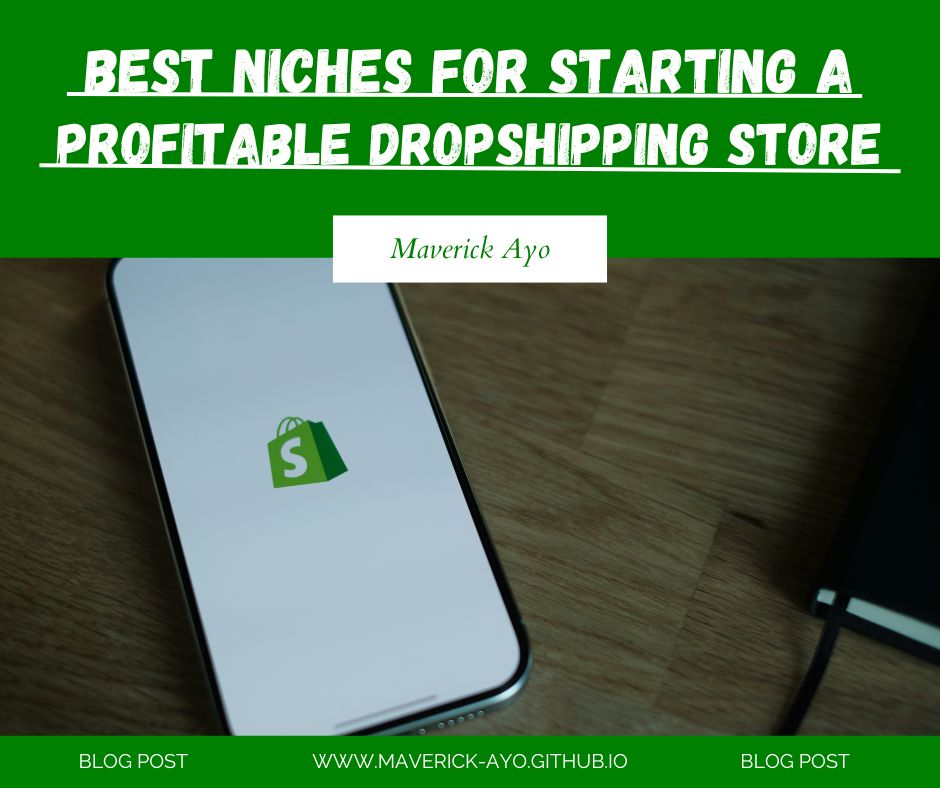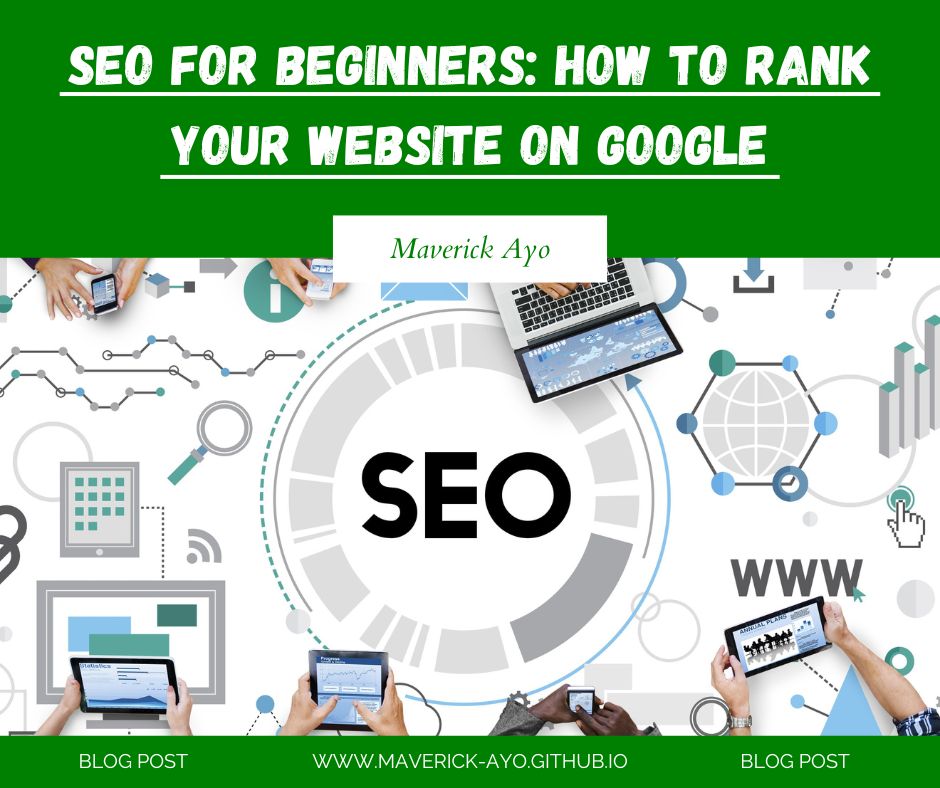
Best Niches for starting a profitable dropshipping store.

Want your website to show up on Google when people search for your name, services, or content? That’s where SEO — Search Engine Optimization — becomes essential. In today's fast-paced digital world, learning how SEO works is a game-changer. Whether you're a blogger, entrepreneur, freelancer, or online business owner, SEO can help drive free, long-term traffic to your website and boost your visibility online.
In this beginner-friendly guide, we’ll break down what SEO is, why it matters, and how to rank your website on Google — step by step. Let’s explore how to build a strong foundation for your website using proven SEO strategies that deliver real results.
SEO, or Search Engine Optimization, is the process of optimizing your website so it appears higher in search engine results when people search for topics related to your business or niche. Google processes billions of searches every day, and most users click on results from the first page. That means if your website doesn’t rank high, you’re missing out on potential visitors, customers, and growth.
With SEO, we aim to create valuable, optimized content that matches the intent of searchers. The goal is to help Google understand what your website is about and recommend it to the right audience. Done correctly, SEO drives consistent traffic without the need for paid ads.
Now that we understand why SEO is important, let’s explore how to apply it effectively to a website — even if you’re starting from scratch.
Keyword research is the foundation of SEO. Keywords are the phrases or questions people type into Google. Our goal is to discover what our target audience is searching for and create content that answers those queries.
Use free tools like Google Keyword Planner, Ubersuggest, or AnswerThePublic to find relevant keywords with good search volume and low competition. Focus on long-tail keywords — they’re more specific and easier to rank for. Example: Instead of "shoes," use “best running shoes for flat feet.”
Content is the heart of SEO. Google ranks pages that provide value, answer questions, and solve problems. Each blog post, product page, or landing page should target a specific keyword and provide helpful, original information.
Here’s how to optimize your content:
On-page SEO means optimizing elements on your actual web pages. These include:
Google prioritizes websites that load quickly and look good on mobile devices. A slow, unresponsive site drives visitors away and lowers your rankings.
Tips to improve performance:
Backlinks are links from other websites that point to your site. They act like votes of confidence, telling Google your content is trustworthy and valuable. The more quality backlinks you earn, the better your chances of ranking higher.
How to get backlinks:
Google Search Console helps monitor your site’s performance in search results. You can see which keywords bring traffic, which pages are most visited, and if any errors need fixing.
Google Analytics tracks user behavior — how long people stay, what they click, and where they come from. Together, these tools guide your SEO strategy and help you make data-driven improvements.
SEO isn’t a one-time task. It’s a long-term strategy that rewards consistency, patience, and value. Even as a beginner, applying these core principles will help your website rank better, reach more people, and grow steadily over time.
Start with keyword research, create content your audience cares about, and optimize each page for both users and search engines. Over time, your effort compounds, and your website becomes a trusted source in your niche.
SEO (Search Engine Optimization) is the process of improving your website's visibility on search engines like Google. It works by optimizing your content, keywords, structure, and backlinks so that your site appears higher in search results when users search for relevant terms.
As a beginner, you can rank your website on Google by doing keyword research, creating valuable content, optimizing on-page elements (like title tags, meta descriptions, and headings), and building backlinks from other trusted websites.
Important SEO techniques for beginners include optimizing page titles, using proper heading structure, adding relevant keywords naturally, speeding up your website, making it mobile-friendly, and submitting your site to Google Search Console.
SEO usually takes 3 to 6 months to show noticeable results. It depends on your niche, keyword difficulty, website authority, and consistency in creating optimized content and earning backlinks.
Yes, submitting your website to Google via Search Console helps it get indexed faster. You can submit your sitemap or individual URLs to make sure Google finds and ranks your content sooner.